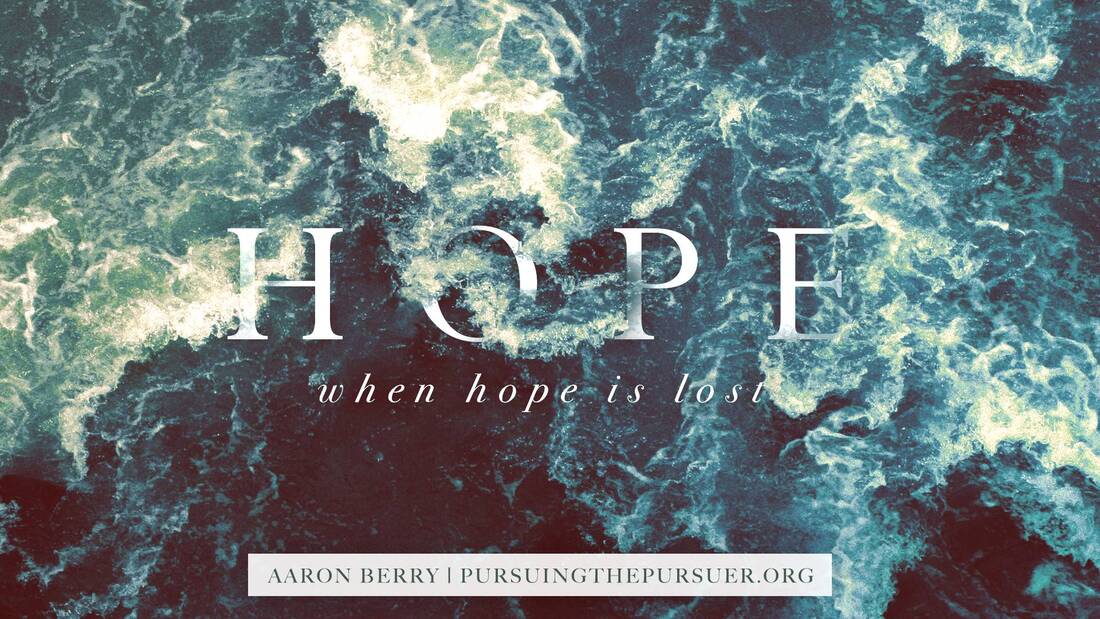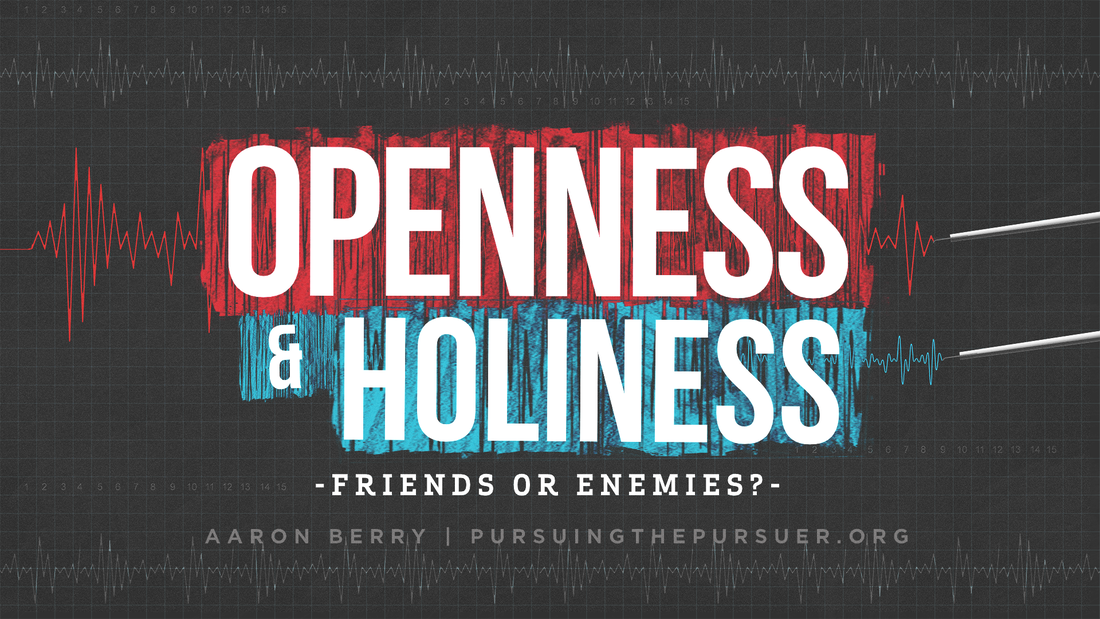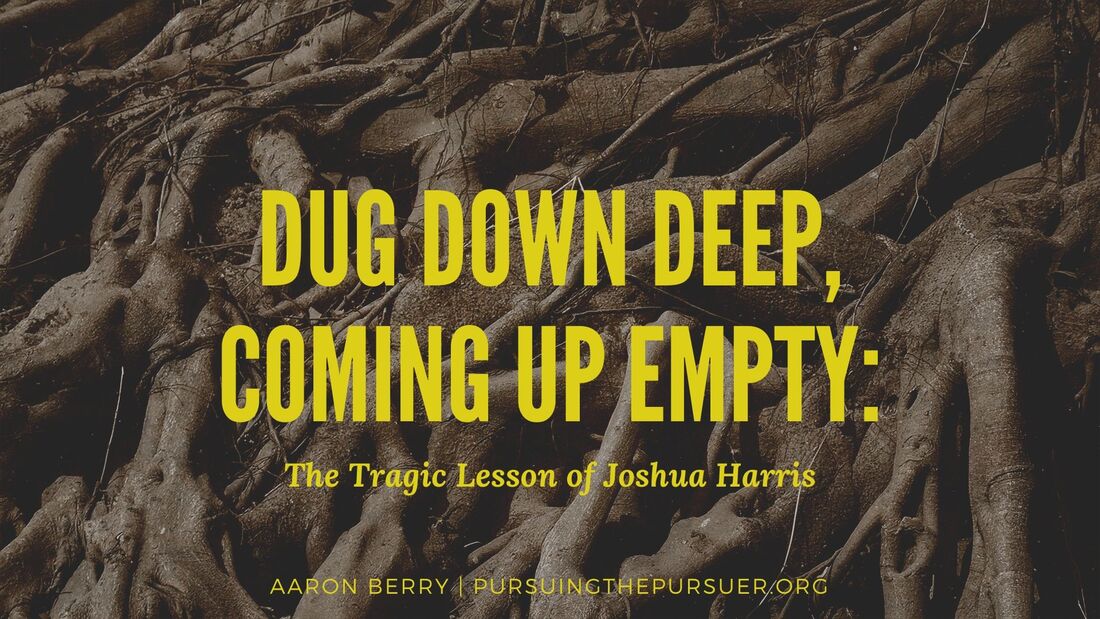|
American Christians are starting to get little uncomfortable.
No, we aren't suffering intense persecution like our brothers and sisters in other parts of the world. We aren't being driven from our homes or exiled from our communities. We aren't martyrs, and we shouldn't pretend that we are. We're just getting a little uncomfortable, which just might be a good thing. As we watch our culture rapidly and radically shift, it’s clear that holding to the historical teachings of Christianity is going to become increasingly difficult. Holding to biblical convictions regarding human sexuality and gender, the sanctity of preborn life, and even sharing our faith with others, is no longer considered to be simply unpopular, backward, narrow-minded, or intolerant--it’s considered morally wrong.
10 Comments
There’s nothing more torturous, yet more necessary, than hope.
There is nothing more satisfying than a realized hope, and there’s nothing more sickening than having your hopes dashed. Truly, the words Proverbs 13:12 resonate with our experience: “Hope deferred makes the heart sick, but a desire fulfilled is a tree of life.” We can’t help but hope. We hope for better days, for fulfilled dreams, for restored relationships, for financial security, for personal happiness. We tell ourselves the risk is worth the reward, we plug our ears when the pessimists call our hopes “wishful thinking” and we guard vigilantly against any threat to our hopes. Maybe it’s just me, but have you ever noticed that Christians who heavily emphasize holiness often lack openness and honesty? Have you ever noticed that Christians who heavily emphasize openness and honesty often lack holiness?
One church seems to be filled with people who seem to have it all together, but who never bear the burdens of others or share their own. They keep to themselves, play the part, and mind their own business. Another church is open, friendly, inviting, and ‘real,’ but never takes holiness too seriously. “Rawness” is elevated above righteousness. Openness and Holiness—are they friends or enemies? I’m sure you know the tragic story of Joshua Harris: a respected Christian author, a pastor for 17 years, and a leading voice for sexual purity in the Christian community, who left his wife, left his faith, and left Jesus.
It was a shocking moment for many, especially those who had been impacted by his writing and preaching. It was shocking to me. It made me question some things: how do we know if someone is truly saved? If it’s true that “you shall know them by their fruits,” how do I know which fruits are fraudulent and which ones are genuine? Merriam-Webster defines the word reckless as “marked by lack of proper caution; careless of consequences.”
A while back, I got into a small (and probably unnecessary) online debate on whether or not God’s love should be described as reckless. While one can make a fair argument that it can be used as a poetic expression to describe how God’s radical love appears to us, I would venture to guess that most Christians believe that God isn’t actually reckless in his love, especially if we’re defining it as “marked by lack of proper caution; careless of consequences.” God is the all-sovereign, all-knowing God who knows the end from the beginning. Recklessness is impossible for him. |
Popular ArticlesThe Problem With Christian Trump Supporters
How to Have Personal Standards Without Being a Legalist The Heart of Modesty Stop Trying to Reach Millennials AuthorsLike our Facebook page to keep up with the latest articles!
Categories
All
Archives
November 2020
|






 RSS Feed
RSS Feed
